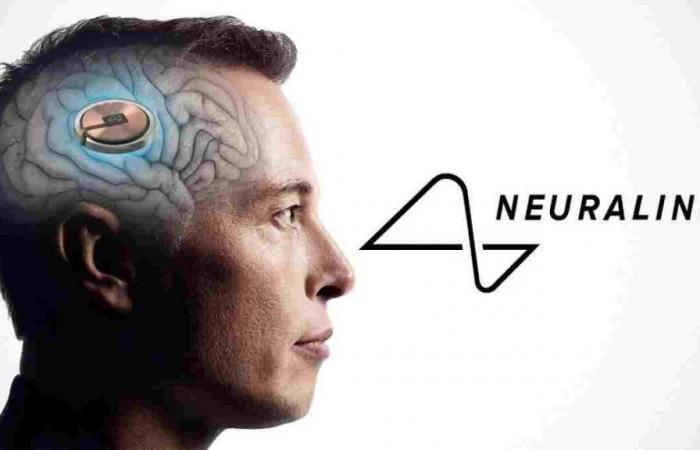Elon Musk and the crew over at Neuralink have achieved something huge. This time, they’ve gotten the go-ahead from the FDA to test out their high-tech implant device on actual human beings. It’s a massive leap in progress from their previous animal trials, indicating that Neuralink is advancing quickly towards a new era of brain tech.
The cutting-edge device developed by Neuralink involves a surgical implant placed in the brain, executed by a robot. This implant has the remarkable capability to decipher brain activity and establish connections with computers. The FDA’s approval allows Neuralink to move forward with its plans to assess the device’s effectiveness and safety in human patients.
Neuralink was ecstatic about the FDA’s blessing, and spread the good news with a tweet. They emphasized how important it was that their tech can now benefit ample amounts of people. Elon Musk, the man behind this project, showed his support by retweeting it and congratulating everyone involved in making this happen.

The revolutionary tech-startup, Neuralink, brought to life by the one and only Elon Musk in 2016, has become a hot topic in both the public and private sectors. Primarily focused on exploring options for brain-computer interfaces (BCIs) — potentially enabling those with paralyzing conditions to get back on their feet — Neuralink is also intent on pushing the boundaries of the human experience beyond what’s considered ‘normal.’ Quite an intriguing concept.
Elon Musk dreams of a day when humans can level up their brain power. His idea entails installing a computer chip onto the surface of the noggin with the option of ongoing upgrades. By doing this, individuals could move beyond human limitations and become smarter – faster.

No doubt Neuralink’s progress is commendable. However, it must be born in mind that trials merely mark the start. Ultimately, as other companies in this industry have experienced, a very thorough examination from government agencies will decide if their technology is secure and dependable.. Ethical considerations and concerns regarding security and potential cognitive advantages must also be addressed.
At present, the precise timeline for commencing clinical trials remains unclear. Nevertheless, Neuralink’s FDA approval is a significant stride towards the development of brain-computer interfaces, paving the way for potentially groundbreaking advancements in healthcare and human potential.


